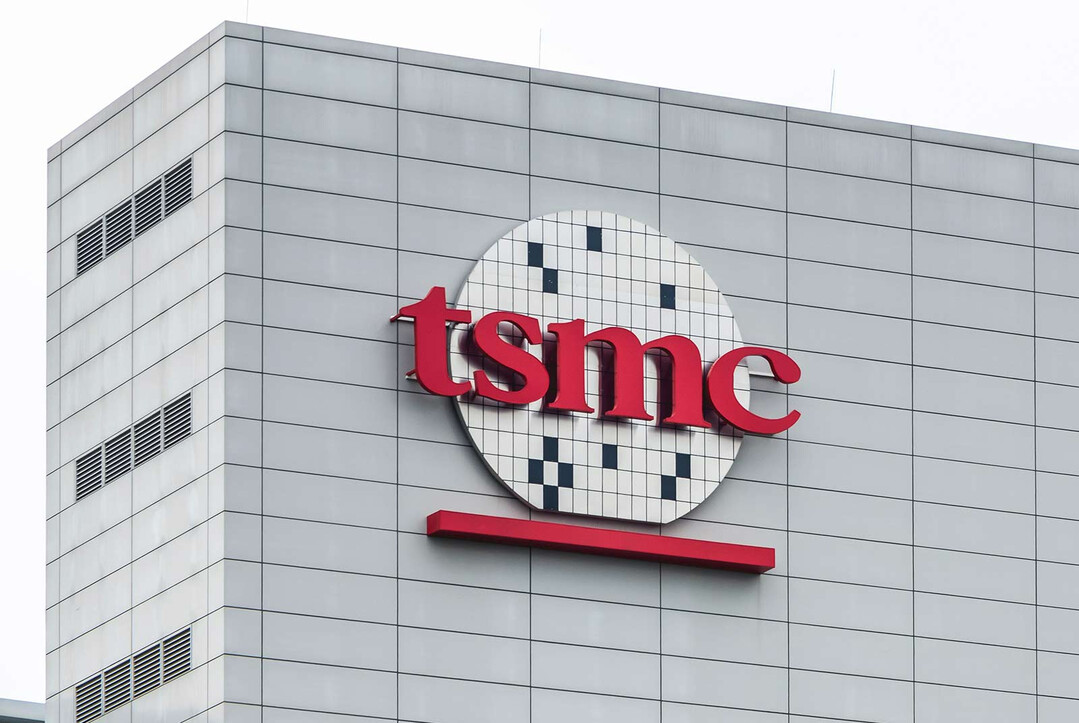
Taipei, Taiwan - Economy Minister Kuo Jui-ying (郭智輝) on Wednesday defended global foundry giant Taiwan Semiconductor Manufacturing Co. (TSMC), stating that "TSMC is a law-abiding company" following reports that the firm could face a massive fine after a US Commerce Department (DOC) export control investigation.
Speaking to reporters after attending a legislative hearing, Minister Kuo said, "As a multinational enterprise, TSMC complies with the laws of all countries where it operates, and the Ministry of Economic Affairs has not yet received any information about a possible fine."
This comes after a Reuters report stating that TSMC could be seeking a settlement with the US Commerce Department for more than $1 billion regarding a recent investigation where chips manufactured by TSMC were found in Ascend 910B, a high-performance AI processor produced by Chinese telecommunications equipment giant Huawei Technologies Co.
Huawei was placed on a US trade restriction list in 2019 due to what were termed "national security concerns."
According to the Reuters report, which cited two unnamed sources familiar with the matter, the potential fine of over $1 billion stems from export control regulations that allow for penalties of up to twice the value of any transaction that violates sanctions rules.
In the report, Lennart Heim, a research fellow at the Center for Technology and Security Policy at the US RAND Corporation, noted that TSMC had manufactured approximately three million chips in recent years matching designs ordered by Chinese IC design firm Sophgo, and that it was highly likely these chips ended up with Huawei.
Heim, who tracks China's AI development, stated in the report that given they were designed for AI applications, TSMC should not have manufactured the chips in a situation where they risked being diverted to companies based in China, particularly restricted entities like Huawei.
Reuters reported that TSMC first came under scrutiny last fall after Canadian-based tech research firm TechInsights found a TSMC chip inside a multi-chip system when it disassembled a Huawei 910B AI chip.
TSMC did not respond to a Reuters request for comment.
In October 2023, TSMC informed the US Commerce Department that TechInsights had found its chips in Huawei products, a discovery that potentially violated US export restrictions.
At the time, TSMC stated that it was committed to complying with all relevant laws and regulations, including export controls, and had not supplied Huawei with products since mid-September 2020.
According to Reuters, Huawei's Ascend 910B is the most advanced AI chip mass-produced by a Chinese company and is seen as an alternative to those designed by US AI chip leader Nvidia Corp.
Separately, Reuters also reported that a former US President stated at a Republican National Committee event that TSMC would face tariffs of up to 100% if it did not build factories in the United States.
TSMC in March announced plans for an additional $100 billion investment to build three advanced wafer fabs, two IC assembly plants, and one research and development center in Arizona, US, over the next several years.
TSMC is currently investing $65 billion to build three fabs in Arizona, with the first slated to begin production in 2025.
Last week, the former President proposed imposing "reciprocal tariffs" on countries with large trade surpluses with the US. Taiwan faced a proposed tariff of 32%, and the former President indicated that taxes on semiconductors would be coming soon.
TSMC did not respond to a request for comment on the former President's remarks, but Minister Kuo said he believed TSMC would fulfill its investment commitments.
Minister Kuo also added that Taiwan and the US have a complementary relationship in technology development, with the US strong in research and development and Taiwan strong in manufacturing.
[Copyright (c) Global Economic Times. All Rights Reserved.]






























